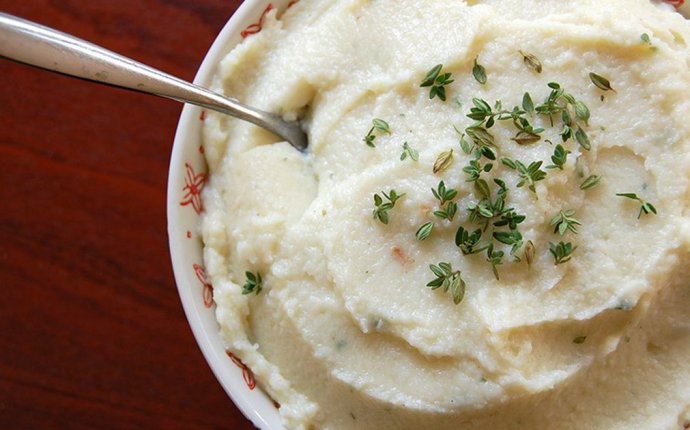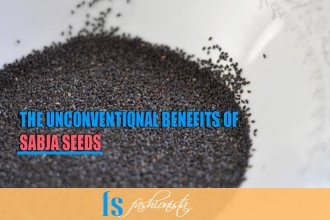
Benefits of Sabja seeds in Ayurveda
 Sabja seeds are also known as Tulsi Seeds, Basil Seeds and Falooda Seeds; they are commonly used in the Indian subcontinent and nearby countries. Sabja seeds are quite similar to Chia Seeds, but they usually plump up into Tapioca form quicker than Chia Seeds. Sabja seeds or Falooda Seeds are dominantly used in sweet drinks especially during the summer season. If you have ever observed those plump looking translucent globules in your drink from Grandma, you’re absolutely spot on. These globules are good in taste, and they are full of nutrition too. They do not have much taste of their own, but they add a thick texture into the sweet drinks and add a new flavor of its own, making the drink really soothing and tasty, an absolutely perfect combination to quench your thirst in summer.
Sabja seeds are also known as Tulsi Seeds, Basil Seeds and Falooda Seeds; they are commonly used in the Indian subcontinent and nearby countries. Sabja seeds are quite similar to Chia Seeds, but they usually plump up into Tapioca form quicker than Chia Seeds. Sabja seeds or Falooda Seeds are dominantly used in sweet drinks especially during the summer season. If you have ever observed those plump looking translucent globules in your drink from Grandma, you’re absolutely spot on. These globules are good in taste, and they are full of nutrition too. They do not have much taste of their own, but they add a thick texture into the sweet drinks and add a new flavor of its own, making the drink really soothing and tasty, an absolutely perfect combination to quench your thirst in summer.
Sabja Seeds are also termed as Sweet Basil Seeds, and their nutritional values are nearly same to that of Chia Seeds. The tiny black seeds are extracted from the dry pods of Basil Flower. They also play a pivotal role in Ayurvedic and Chinese treatments for various diseases; they can also be interchangeably used in place of Chia seeds in any recipe.
Sabja Seeds / Basil Seeds Nutrition Facts
Sabja seeds constitute little carbohydrates and zero fat. A typical 5.3 grams of Sabja seeds serving contains 0.1 grams of dietary fiber, 0.2 grams of protein, 16 milligrams of potassium. As far as the vitamins are concerned the same serving contains 5% Vitamin-A, 1% Vitamin C and 1% of Iron from the daily values. Sabja seeds provide nutrition with fiber and an added texture that makes it not only good to taste but helps in digestion process a great deal.Sabja Seeds contain polyphenolic flavonoids that are known for their anti-oxidant properties. It can save your body from cellular damage due to the oxidation process. These seeds also possess anti-bacterial and anti-inflammatory properties; it is usually prescribed for gastro patients in Ayurveda and Chinese treatments to combat the infectious bacteria.
These Falooda seeds are perfect for the athletes on a strict calorie diet because they are extremely low in calories and have no fats at all. These seeds present them with a proper mineral intake featuring Potassium, Copper, Manganese, Iron, and Vitamin C.














